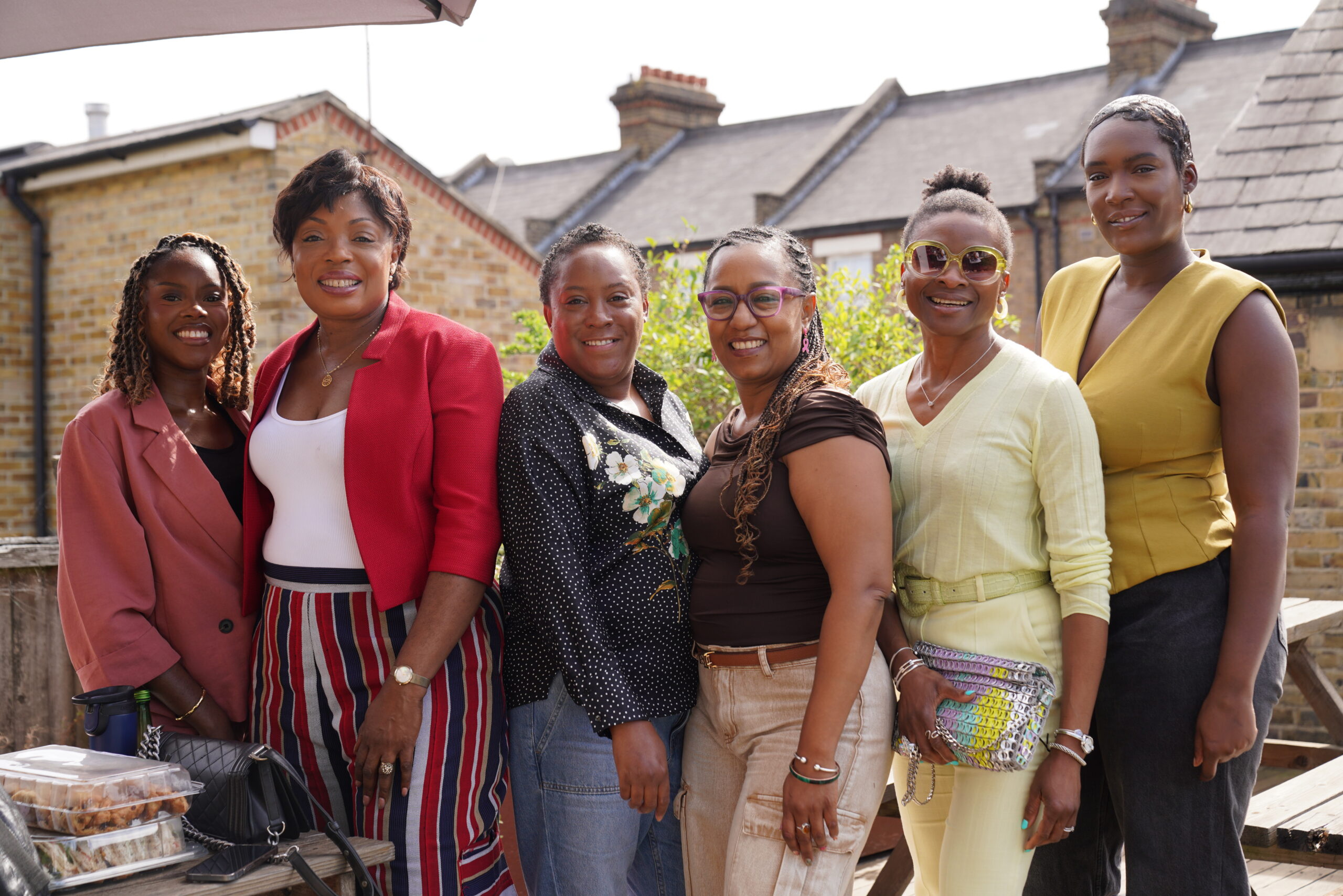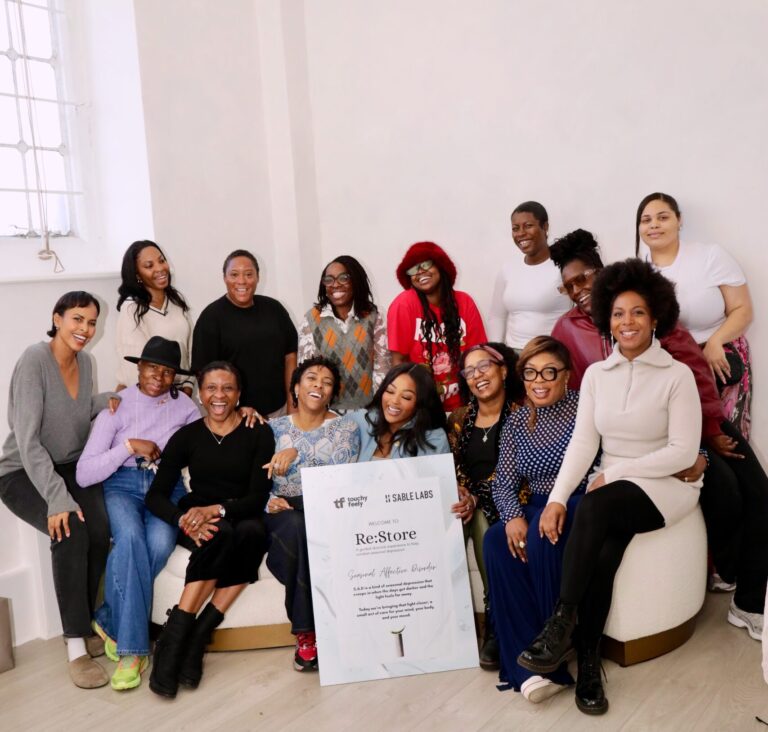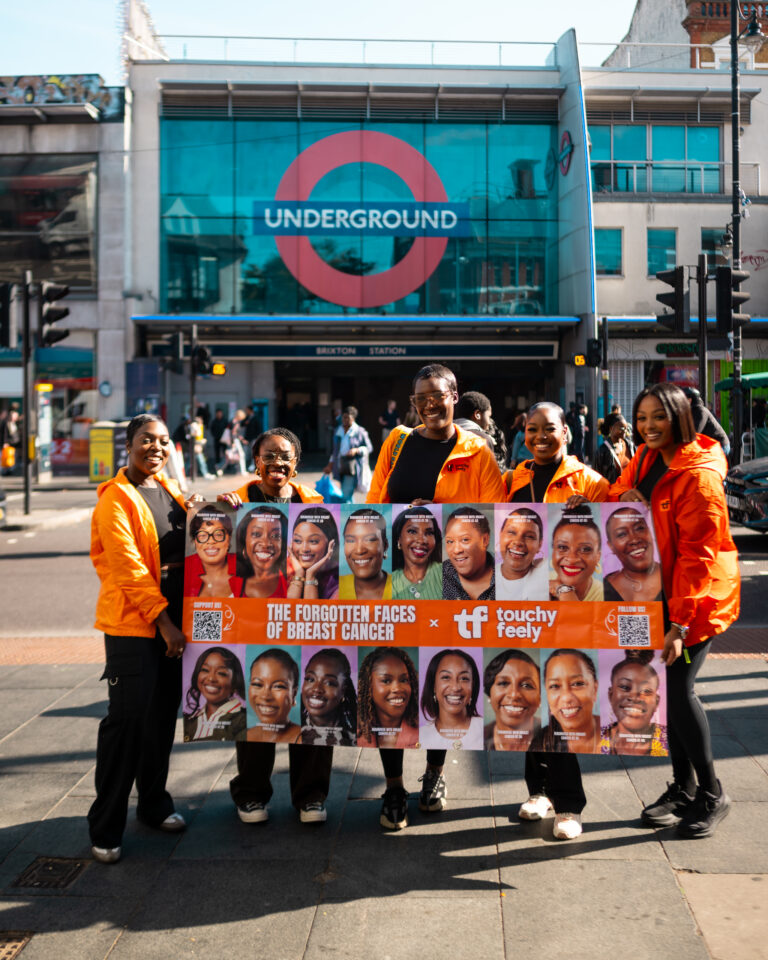Cancer is one of the most pressing health challenges of our time, but it does not affect all women equally. For Black women in the UK, outcomes remain disproportionately poor. Despite advances in treatment and awareness, inequalities in diagnosis, access to care, and representation continue to cost lives.
The Statistics That Demand Attention
- Black women are more likely to be diagnosed with aggressive forms of breast cancer, including triple negative breast cancer, which has fewer treatment options and poorer survival rates.
- Studies indicate that Black women are often diagnosed at younger ages and later stages of breast cancer compared to white women.
- People of Black, African, Caribbean or mixed heritage in the UK are nearly three times more likely to develop multiple myeloma than white people.
- Uptake of cervical cancer screening is lower among Black women, contributing to later detection and higher risks of adverse outcomes.
These figures are not isolated statistics; they reflect systemic inequalities and highlight the urgent need for change.
The Impact of Invisibility
Black women frequently report feeling unseen and unheard within the healthcare system. Symptoms are too often minimised, information is not always culturally relevant, and national campaigns rarely reflect their lived realities. The absence of Black women’s voices and images in cancer resources creates barriers to trust, awareness, and early intervention.
Why Representation Matters
Representation is a matter of survival. When Black women are reflected in health messaging, they are more likely to recognise symptoms, participate in screening, and access support. Culturally competent care and inclusive resources foster trust and engagement, both of which are critical to improving outcomes.
Pathways to Change
Addressing these disparities requires a multi-layered response:
- Healthcare providers must listen to and act on Black women’s concerns without delay.
- Campaigns and organisations must feature Black women authentically in public health messaging.
- Funders and policymakers must invest in programmes that prioritise cultural competence and equity in cancer care.
The Role of Touchy-Feely
Black women’s experiences with cancer must not be a footnote in healthcare. They must be integral to the way cancer support, research, and awareness are designed and delivered.
Touchy-Feely is committed to challenging invisibility and reshaping the cancer experience for Black women. Through storytelling, education, and the creation of safe community spaces, we centre the realities of those most affected by disparities. Every initiative is rooted in the belief that each story shared has the power to break stigma, shift narratives, and save lives.




